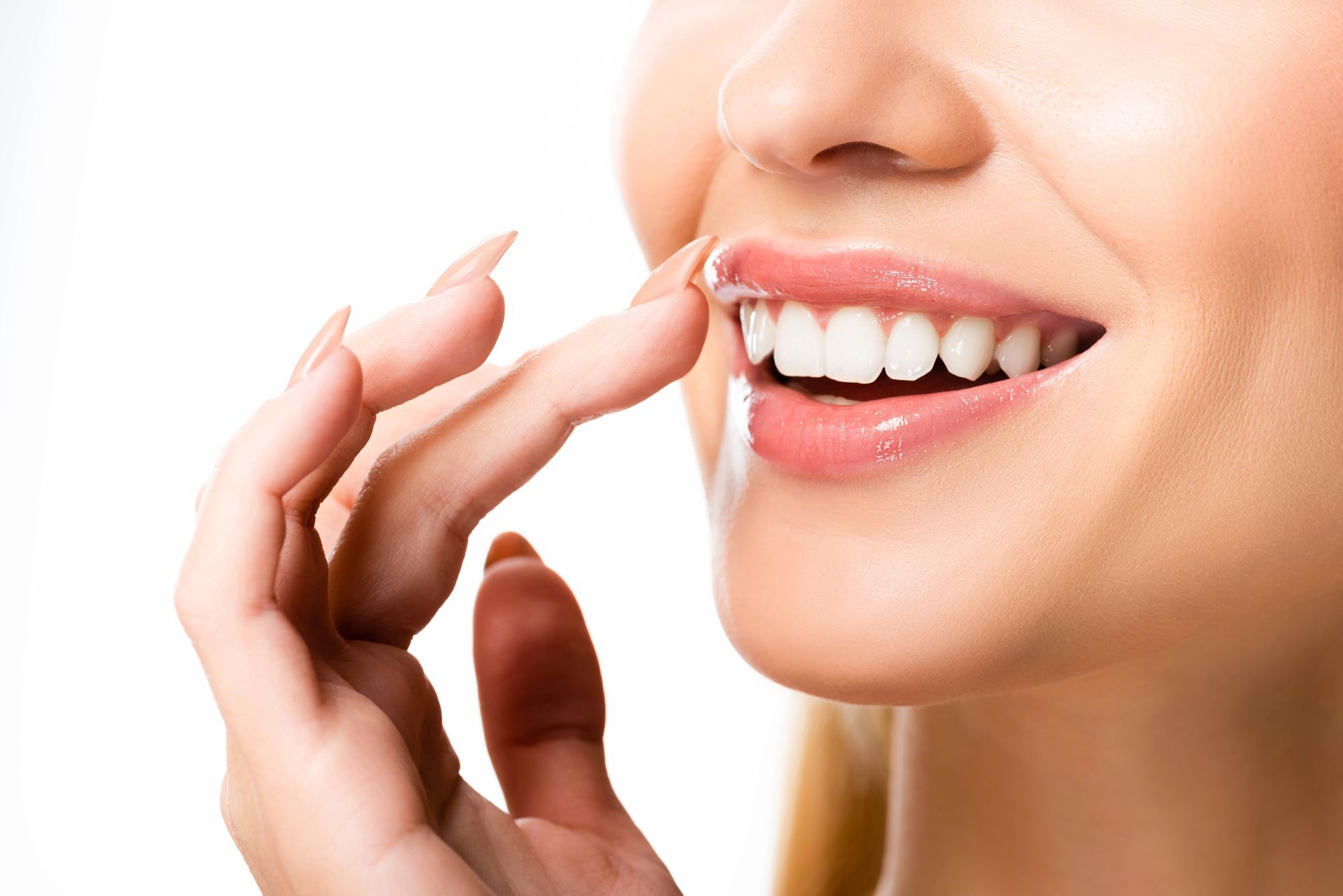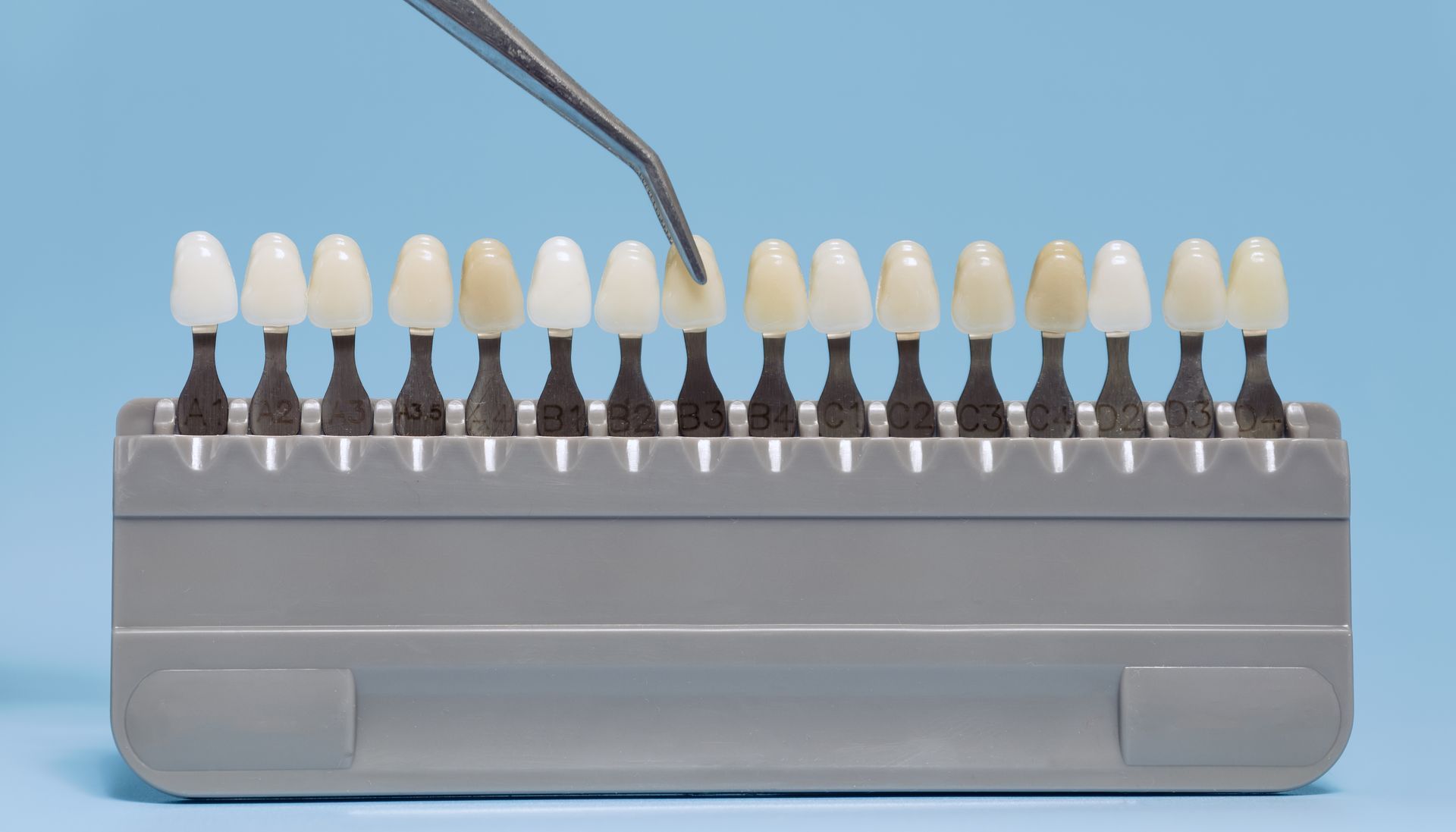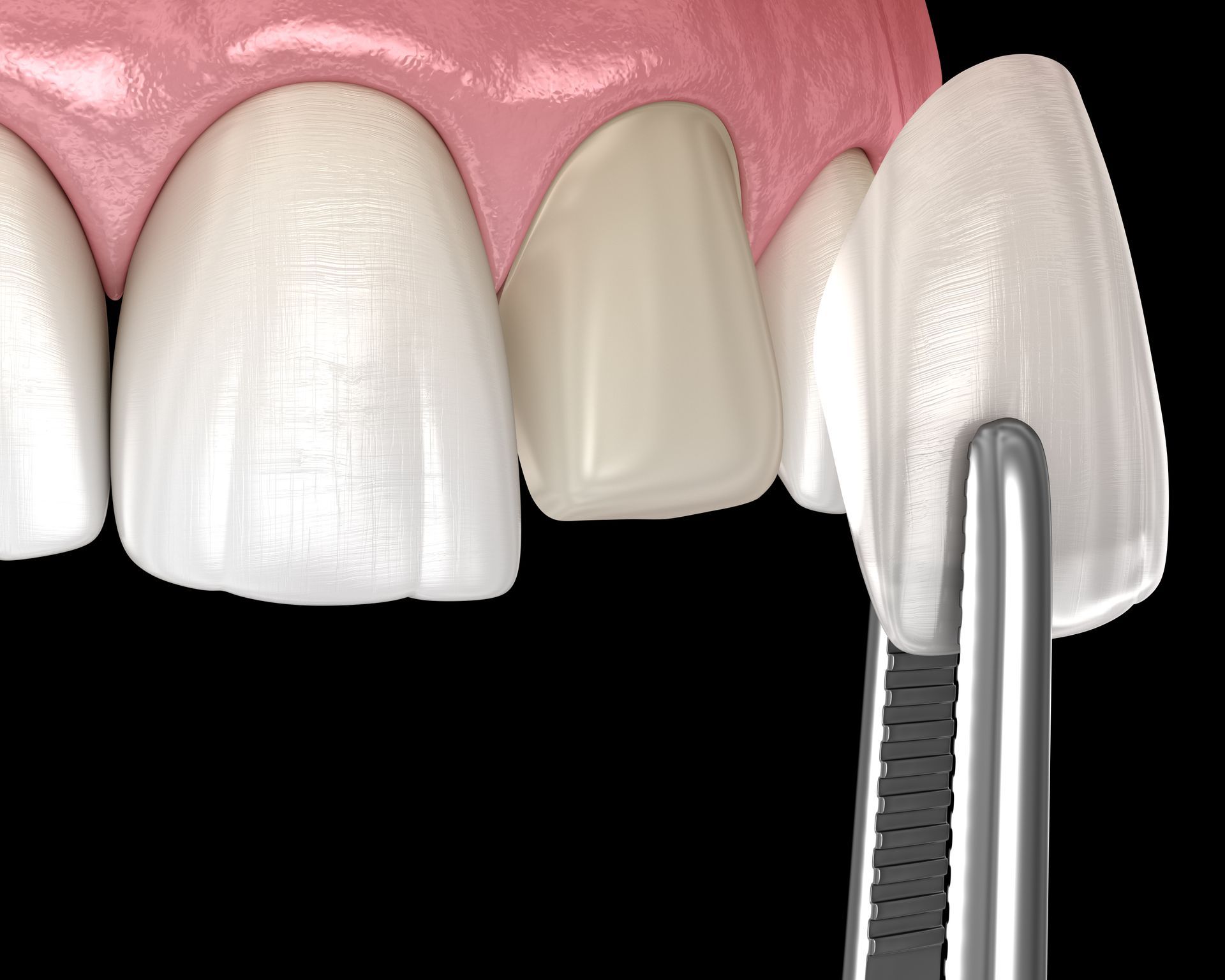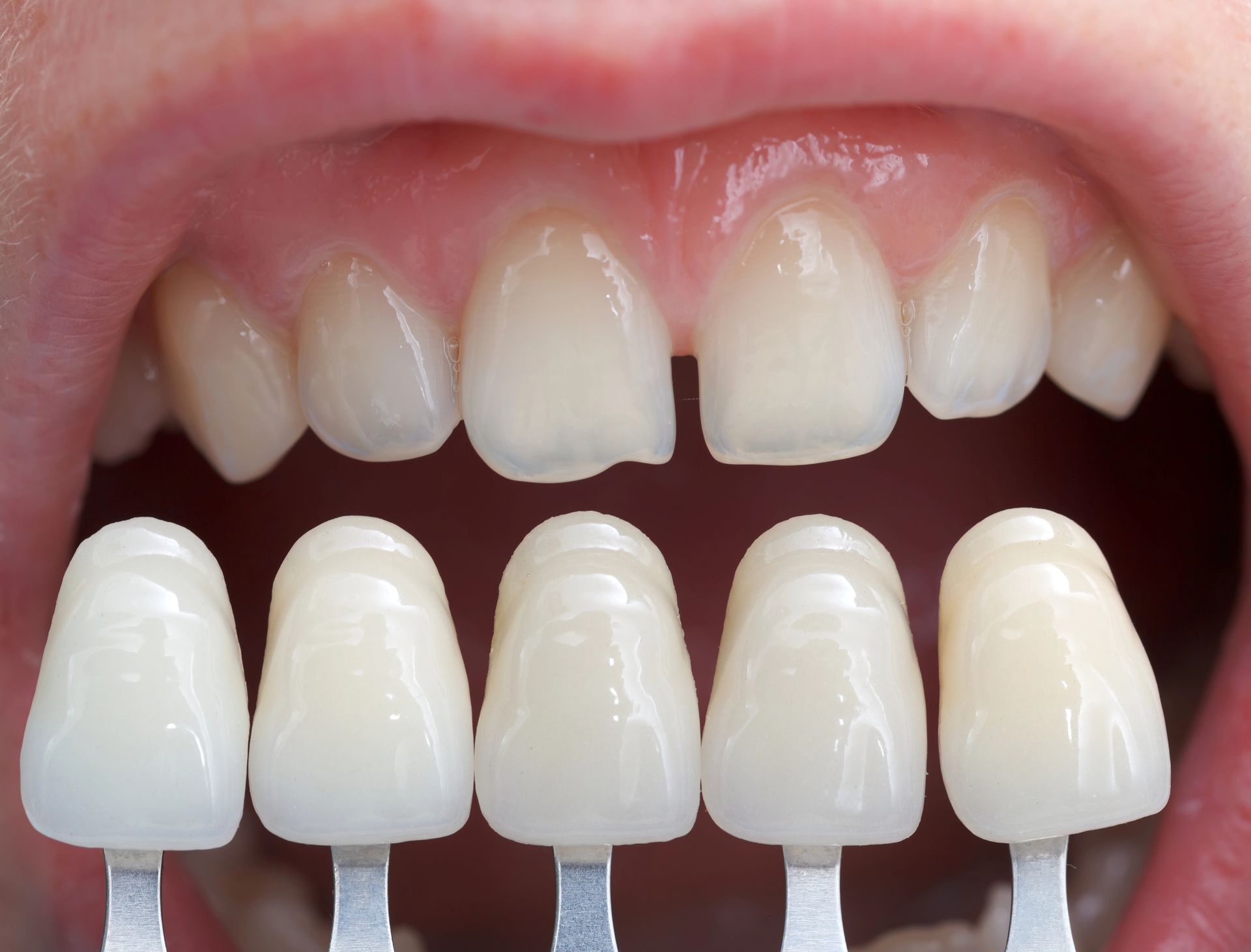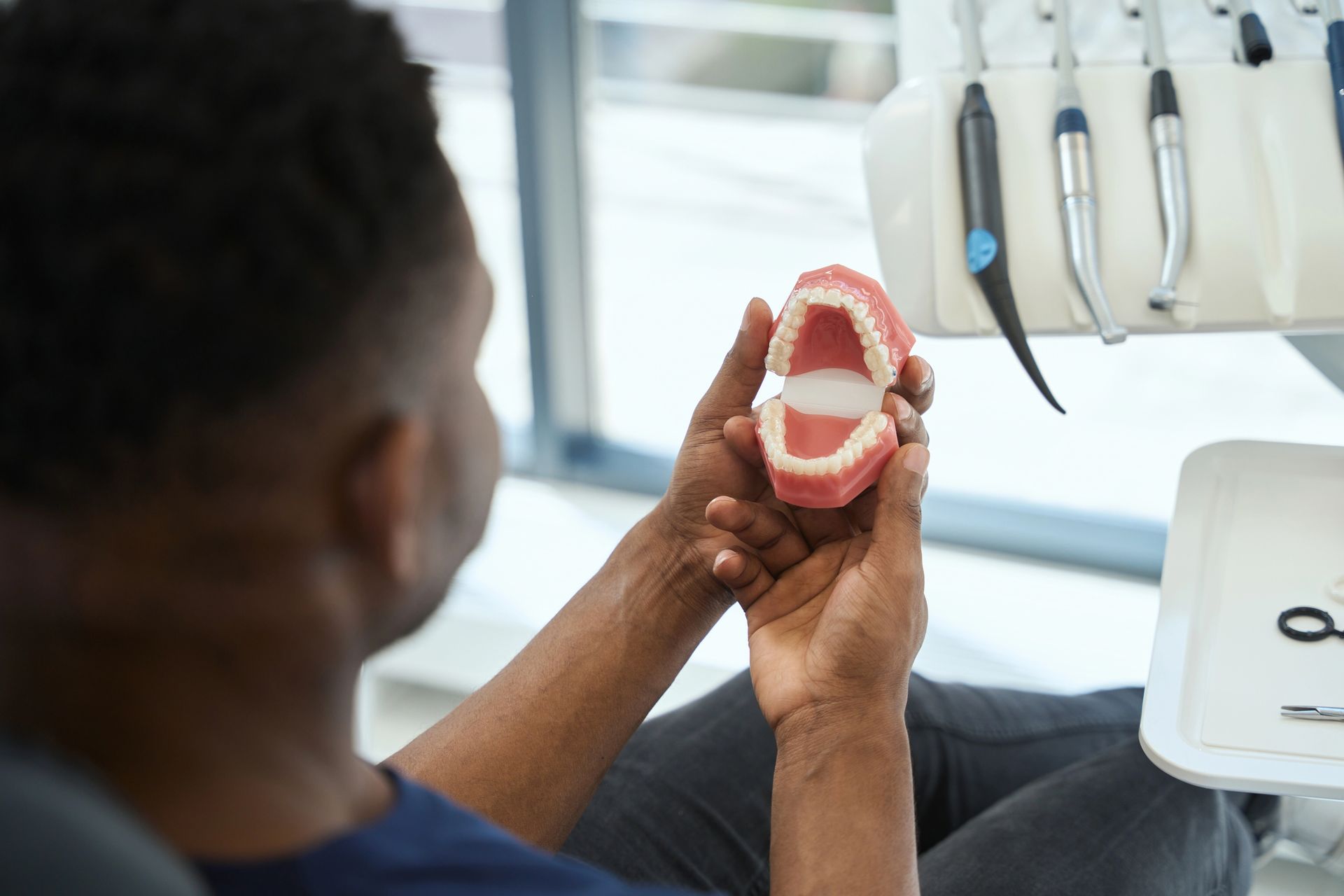

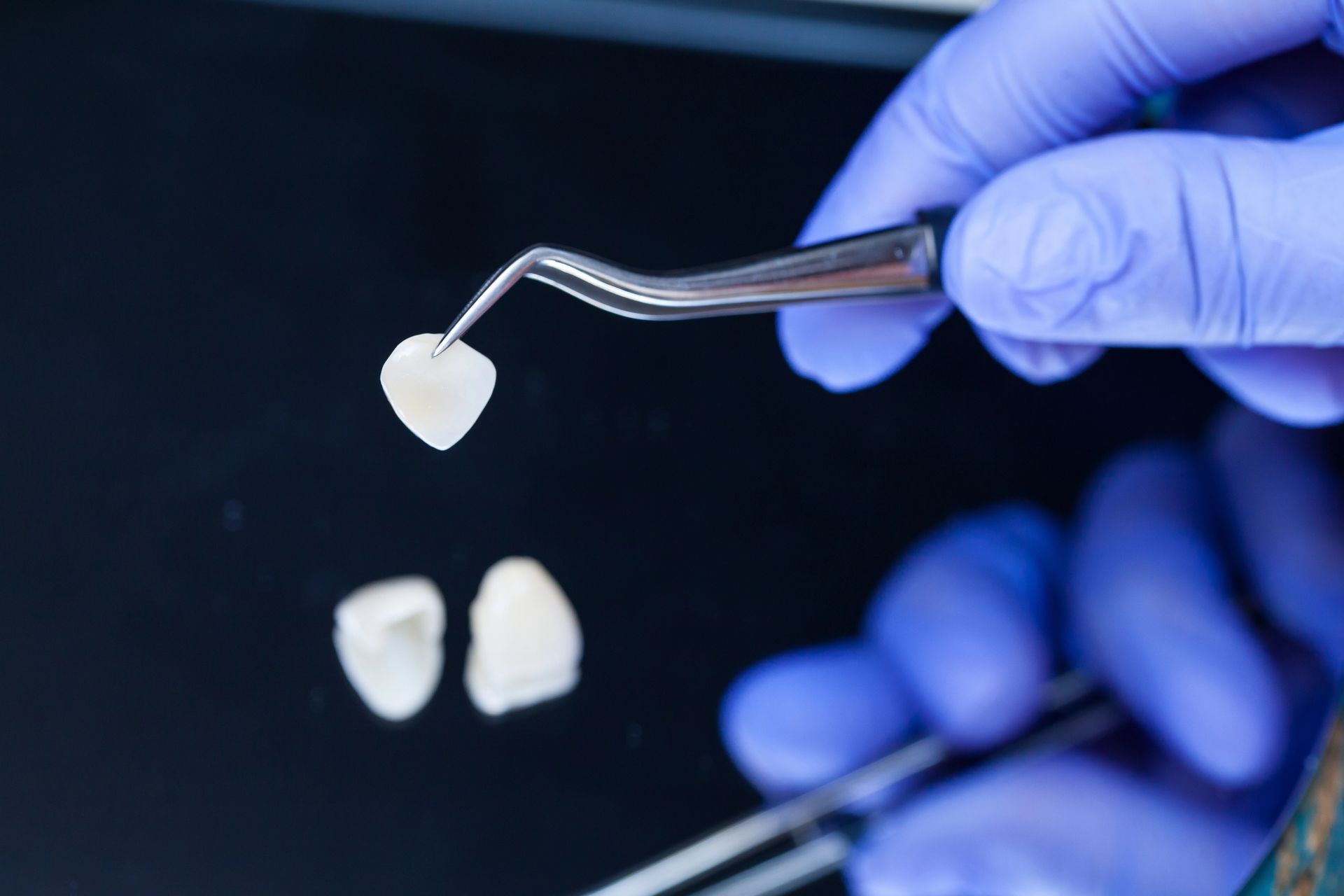
Have you ever wondered why some people experience pain when whitening their teeth? At Design Dentistry Columbia, we understand that tooth sensitivity can be a painful and uncomfortable experience. In this post, we'll explore the reasons why some individuals experience pain when whitening their teeth and what can be done to minimize it.
Causes of Sensitivity During Teeth Whitening
Teeth whitening is a popular way to brighten your smile, but for some, it can cause sensitivity or discomfort. Although this is a common side effect of whitening treatments, there are many potential causes that could lead to pain. For instance, some people may have weak enamel or exposed dentin, which can cause sensitivity to heat, cold, or acidic foods. Additionally, the type of whitening product used can also cause sensitivity, as some products contain higher concentrations of bleaching agents that can irritate the teeth.
Another possible cause of sensitivity during teeth whitening is diet. Eating or drinking certain foods and beverages can affect the appearance of teeth, and some of these items may also cause sensitivity. To learn more about the relationship between diet and teeth whitening, read
The Relationship Between Diet and Teeth Whitening: Foods That Brighten vs. Foods That Stain.
How to Identify Sensitivity During Teeth Whitening
When it comes to teeth whitening, it’s important to be aware of the potential for sensitivity. While teeth whitening can be a great way to brighten your smile, it’s not for everyone. Fortunately, there are a few ways to identify sensitivity during teeth whitening that can help you determine if this is the right choice for you.
The first way to identify sensitivity during teeth whitening is to pay attention to any discomfort or pain you may feel while the whitening product is in contact with your teeth. If you experience any pain or discomfort, even if it’s mild, you should discontinue use of the whitening product and contact your dentist. Additionally, if you’ve had any previous dental work, such as a filling or root canal, you may be more likely to experience sensitivity during teeth whitening. It’s important to discuss any prior dental work with your dentist before beginning any whitening process. For more information on teeth whitening, visit
Columbia Teeth Whitening.
Tips for Reducing Sensitivity During Teeth Whitening
To reduce sensitivity during teeth whitening, it's important to follow your dentist's instructions carefully. Be sure to use a desensitizing toothpaste before and after whitening, and avoid eating or drinking anything acidic or hot for a few hours after the procedure. Additionally, use a soft-bristled toothbrush and avoid abrasive whitening products. Lastly, talk to your dentist about using a desensitizing gel or fluoride treatment to reduce the sensitivity.
How to Manage Sensitivity During Teeth Whitening
If you experience sensitivity during teeth whitening, it is important to take precautionary measures to reduce the pain. Firstly, try using a toothpaste that is specifically designed for sensitive teeth, as this can help to reduce the feeling of discomfort. Additionally, you can use a desensitizing gel to minimize the sensitivity. Lastly, it is important to avoid over-whitening your teeth, as this can cause further discomfort.
Factors that Affect Sensitivity During Teeth Whitening
Teeth whitening can be a great way to brighten your smile, but it can also cause sensitivity and pain. Factors such as enamel thickness, the type of whitening product used, and the length of time the product is left on the teeth can all affect how much sensitivity a person experiences. It is important to consult with a dentist before beginning any teeth whitening regimen to ensure that it is done safely and with minimal discomfort.
Conclusion
If you're looking for a reliable and professional teeth whitening service, contact Design Dentistry Columbia at 803-291-5782 or read our reviews on
Google Maps.


